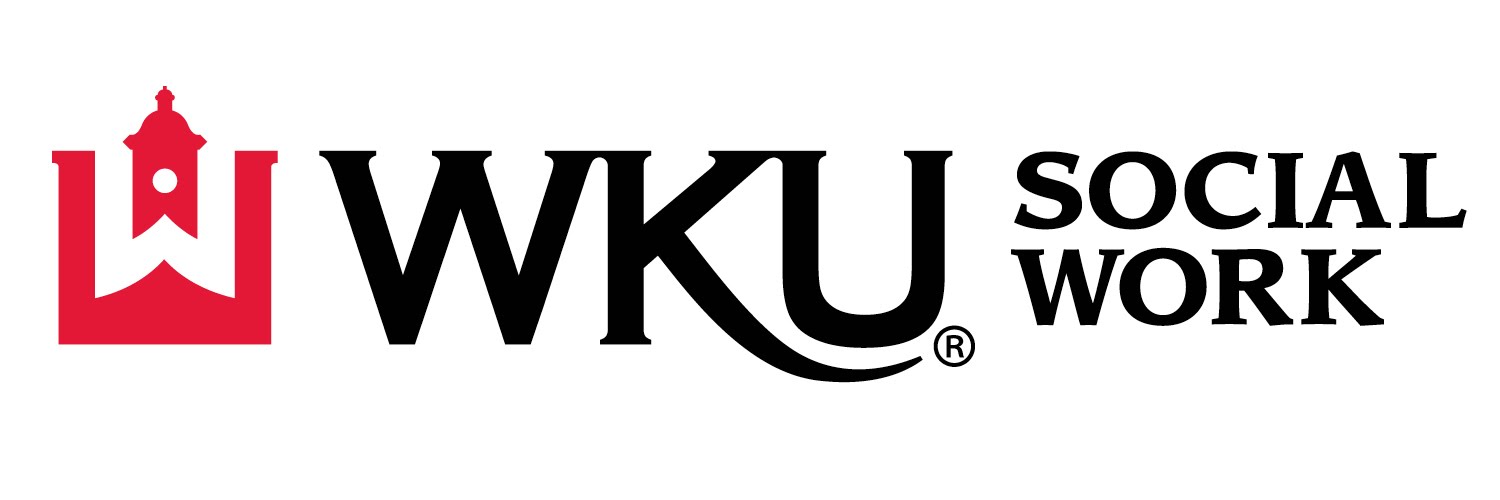
Abstract
Adobe Connect is synchronous web conferencing software availableto colleges and universities. This pilot study sought to understandstudent and faculty participation in use of this software aspart of an already established hybrid master’s level social work curriculum.This software was utilized in two courses: concentrationyear field practicum and advanced social work practice. Studentfeedback and satisfaction are presented. Lessons learned for usingsuch software are explored.
Disciplines
Social Work
Recommended Repository Citation
Cappiccie, Amy and Desrosiers, Patricia. (2011). Lessons Learned From Using Adobe Connect in the Social Work Classroom. Journal of Technology in Human Services, 29 (4), 296-302.
Original Publication URL: https://works.bepress.com/patricia-desrosiers/3/download/
Available at:
https://digitalcommons.wku.edu/socwk_fac_pub/15




Comments
The Journal of Technology in Human Services explores the potential of information and communication technologies (ICT) across the social, development and human services sectors. This journal illuminates the intersections of the evolving infosphere, including how human beings interact with data and devices and the impacts these innovations have on the full range of individual, organizational and social structures. We publish work that is conceptual in nature in addition to research reports and meta-analyses. The journal welcomes interdisciplinary scholarship as well as papers reporting on computational and statistical methods. The Journal of Technology in Human Services focuses on areas such as:
- New ICT specific to human services practitioners, community development professionals, community organizers and those working in public agencies at all levels.
- Research studies on topics such as factors that influence application uptake, mechanism for identifying and overcoming resistance, ethical challenges, worker displacement, data ownership and transparency and social justice issues related to ICT implementation and use; as well as theory building and testing.
- Clinical and experimental designs of innovative ICT applications, including: multimedia, geographic information systems, performance support systems, telehealth, virtual assistants, novel applications of virtual reality and other allied ICTs.
- Big data, data science and predictive analytics as both a modality and mechanisms for conducting research in all sectors related to human services including child welfare, juvenile justice, and public education.
- Small data and integrated data sharing. Data management, impact assessment and outcome management for use in agency-based settings.
Peer Review Policy: All submitted manuscripts are subject to initial appraisal by the Editor, and, if found suitable for further consideration, to peer review by independent, anonymous expert referees. All peer review is double blind and submission is online via ScholarOne Manuscripts.